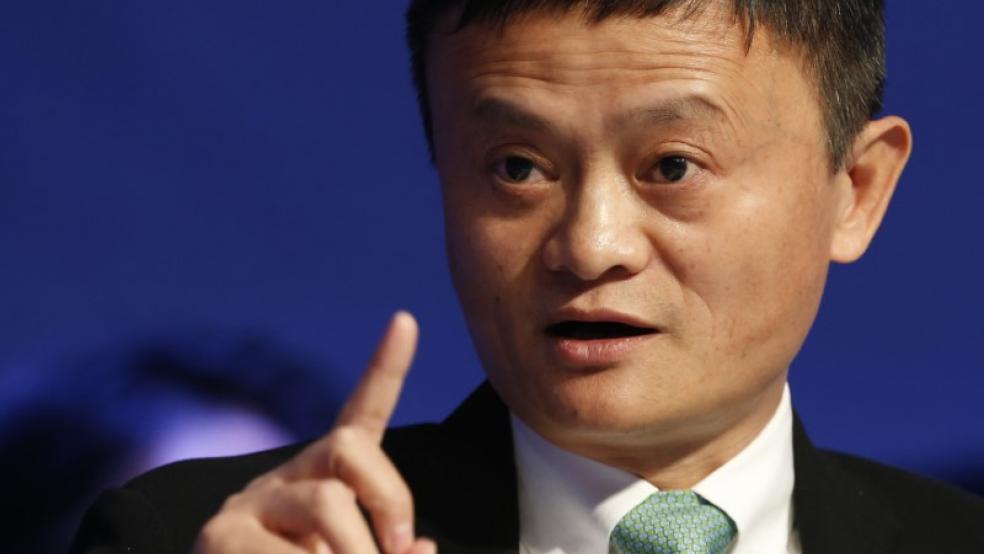LONDON (Reuters) - The Bank of England said it expects stronger growth on the back of lower oil prices but it sees little need to raise interest rates this year and could even cut them if inflation proves weaker than expected, new forecasts showed on Thursday.
BoE Governor Mark Carney said he expected inflation to fall below zero in the coming months due to weak oil, but stressed that this by itself did not mean that the economy had entered deflation.Inflation would hit the Bank's 2 percent target in about two years' time, the Bank said, sooner than it forecast three months ago. "(It is) appropriate to return inflation to target as quickly as possible after the effects of energy and food prices movements have abated," Carney said in remarks following the release of the Bank's forecasts.Sterling rose to a day's high against the dollar and British government bond prices fell moderately after the quarterly Inflation Report, whose overall thrust was upbeat, with the economy close to being back to running at full capacity."The UK is not experiencing 'deflation'," Carney said in a letter to finance minister George Osborne explaining the difference between inflation - which stood at 0.5 percent in its most recent reading - and the Bank's 2 percent target.However, if global activity weakened and Britain became at risk of a vicious cycle of falling prices, the BoE said it was ready to cut rates, following in the footsteps of other central banks.This is a major break from its previous position, where it had said this would be of little benefit, and that some lenders were too weak to cope with rates below 0.5 percent."The MPC stands ready to take whatever action is needed, as events unfold, to ensure inflation remains likely to return to target in a timely fashion, Carney said.GROWTH BOOSTThe central bank raised its growth forecasts and predicted wages would grow faster, suggesting voters may feel some of the benefit of the recent economic rebound before Britain goes to the polls in May.Average consumer price inflation in the second quarter of this year is likely to fall to a record-low annual rate of zero, the BoE forecast, lower than the 1 percent it forecast in November.After that the BoE forecasts it will climb steadily to its 2 percent target in two years if it raises interest rates as markets expect.Financial markets did not expect the BoE to start to raise rates from their record-low 0.5 percent until the third quarter of 2016, the BoE said.The fact that the BoE forecasts inflation will marginally overshoot its target if interest rates do not rise until then suggests it may want to raise interest rates slightly earlier. Since the BoE calculated its forecasts, markets have already priced in a somewhat earlier move in early 2016.The BoE also forecast that lower oil prices would boost growth next year compared with its November forecast. Growth this year is forecast to be its strongest in several years at 2.9 percent. For 2016, the BoE also expects growth of 2.9 percent, up from November's 2.6 percent.The benefits of growth may also start to be more widely felt, with wages forecast to grow by 3.5 percent this year after rising by just 1.75 percent in 2014. (Additional reporting by London Bureau; editing by John Stonestreet)Bank of England sees strong growth but ready to cut rates if needed

DENIS BALIBOUSE



